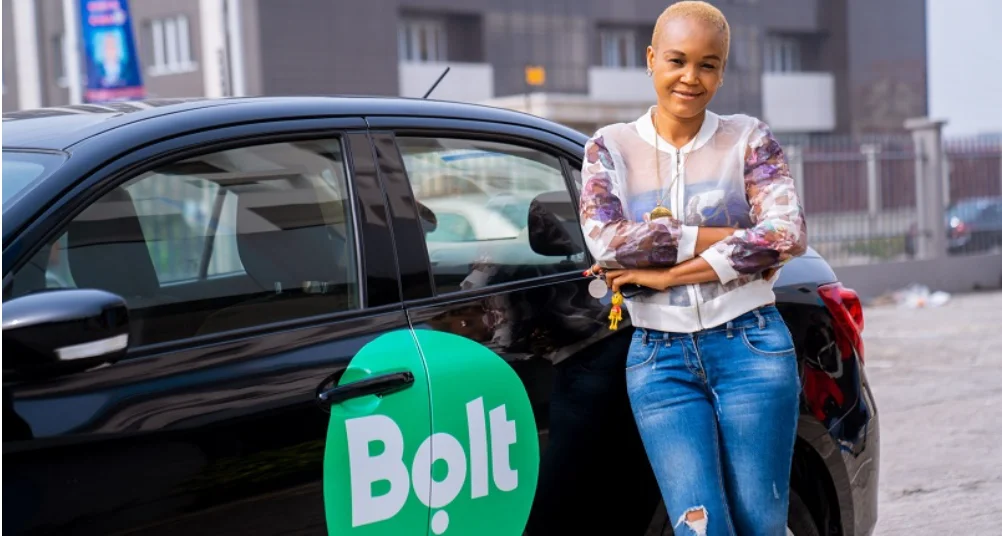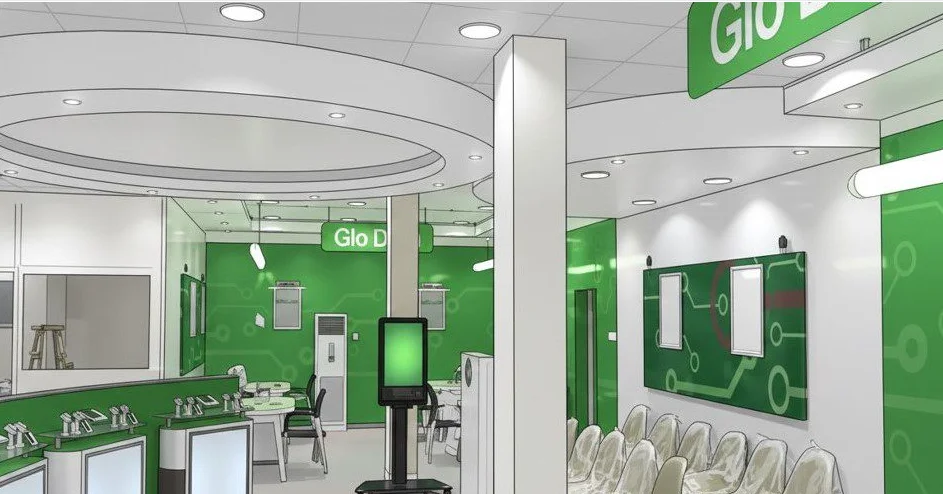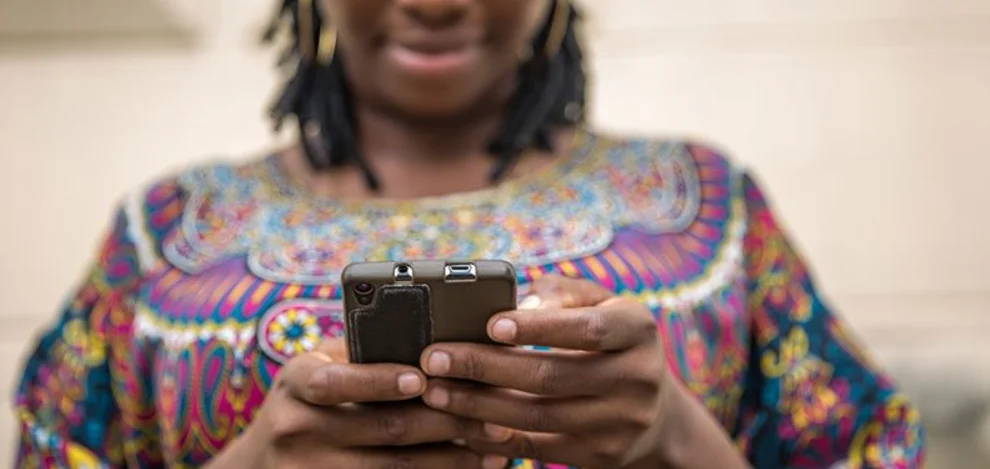A new report by Bolt, one of Nigeria’s leading ride-hailing platforms, in partnership with global research firm Ipsos, has revealed that women account for 70% of e-hailing passengers in Nigeria, compared to only 30% male users.
The report, titled “Ride-Hailing Safety Perception Report”, offers detailed insights into how Nigerians perceive ride-hailing services and the evolving role of technology in ensuring safer, more reliable mobility.
Demographics: Young Women Drive Ride-Hailing Adoption
According to the report, the majority of female passengers fall within the 25–34 age range, making up 39% of all women users. This group represents the largest segment of female riders using ride-hailing apps.
Women aged 35–44 follow closely at 36%, while 18–24-year-olds account for 18% of users. Women aged 45 and above make up the smallest share at 6%, indicating that younger, digitally active women dominate Nigeria’s e-hailing landscape.
Frequency of Use: A Growing Dependence on App-Based Transport
The study also found that 47% of respondents use ride-hailing apps a few times a week, while 12% say they use them daily. Another 26% use them a few times a month, and only 14% rarely use ride-hailing services.
“Ride-hailing adoption in Nigeria is driven by a young, urban, and digitally active population, with women representing the majority of users,” the report states. “Most passengers use ride-hailing apps several times a week, reflecting growing reliance on app-based transport for convenience, flexibility, and safety in everyday mobility.”
E-Hailing Perceived as the Safest Road Transport Option
Safety remains a key factor driving e-hailing adoption in Nigeria. The Bolt study revealed that 81% of passengers consider ride-hailing safer than other transport options.
An overwhelming 96% of respondents said they choose ride-hailing services when public transport feels unsafe, especially during late-night travel, in unfamiliar locations, or after social events involving alcohol.
Furthermore, 94% of respondents reported booking rides for family or friends to ensure their safe return home, and 66% believe that ride-hailing services help reduce drunk driving by offering a reliable alternative.
Safety Features Enhance Trust and Confidence
The report highlights that specific in-app safety features significantly improve user confidence:
- Real-time GPS tracking (62%)
- Driver verification (58%)
- Trip sharing (49%)
These features, according to the report, contribute to visibility, accountability, and traceability, the three major factors that enhance trust in ride-hailing platforms across Nigerian cities.
Government Commends Bolt’s Safety Initiative
Lagos State Commissioner for Transportation, Oluwaseun Osiyemi, praised Bolt’s initiative, describing it as a “commendable and forward-thinking effort” that demonstrates the company’s commitment to user safety.
“The decision by Bolt to commission an independent safety perception study is commendable and forward-thinking. It shows a genuine commitment to listening to users, understanding their concerns, and continuously improving the ride-hailing experience,” Osiyemi said.
He added that the findings align with the government’s efforts to enhance transportation safety and foster innovation within the mobility ecosystem.
Conclusion: Women Lead Nigeria’s Ride-Hailing Revolution
The Bolt–Ipsos report paints a clear picture of Nigeria’s evolving transport landscape, one where women are driving adoption, technology is enhancing safety, and ride-hailing is becoming an integral part of urban mobility.
As app-based transport continues to grow, safety innovation and user trust will remain key priorities for companies like Bolt in shaping Nigeria’s future of smart, inclusive, and secure mobility.
















